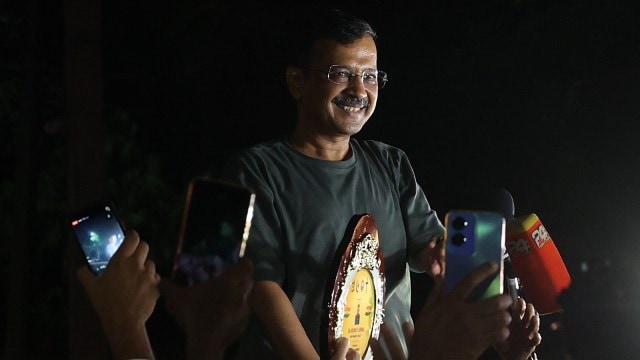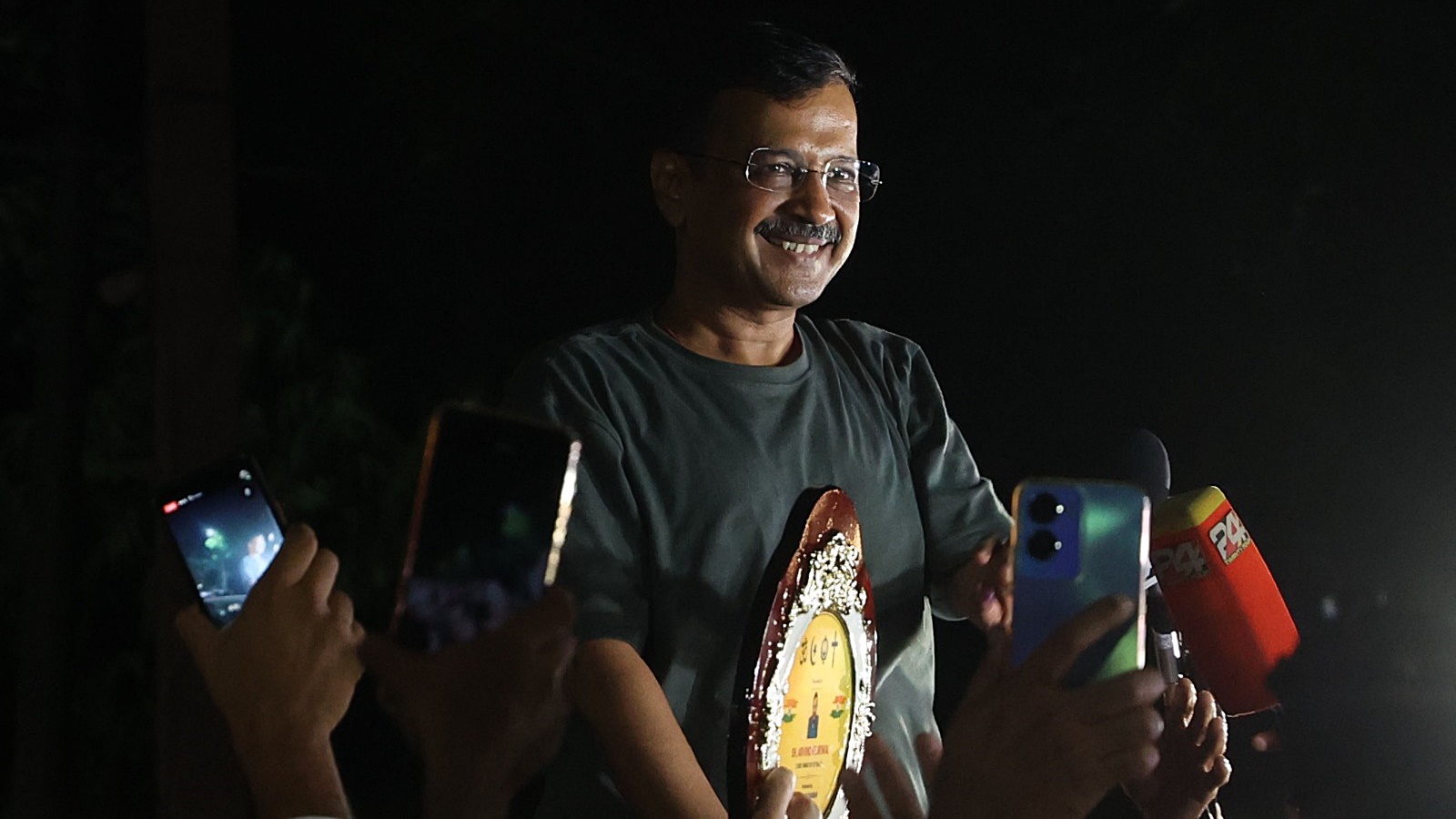
On July 12, the Supreme Court granted Arvind Kejriwal interim bail in the alleged liquor policy scam prosecution initiated by the Enforcement Directorate (ED). The Court came down severely on the ED’s “reasons to believe” that an offence had been committed by the Delhi Chief Minister. It said the exercise was biased. The Court raised serious concerns about the purported policy, or lack thereof, used by the ED to determine whether an accused under the Prevention of Money Laundering Act (PMLA) should be arrested, or not.
About a few weeks ago, a similar order was passed by the Jharkhand High Court granting bail to Hemant Soren. The HC found “reason to believe” that Soren was not guilty of any offence under PMLA. Soren had resigned as chief minister of Jharkhand before surrendering to the ED. After being released on bail, he again took oath as Chief Minister and succeeded in proving a majority in the Jharkhand Assembly. The only condition imposed on him while granting bail was a bond of Rs 50,000 with sureties.
Kejriwal, too, has been directed by the Supreme Court to submit Rs 50,000 as a bail bond with surety. The bail order has been rightly hailed, but the fine print shows an anomaly – there seems to be a disparity in treating similarly accused persons who hold important constitutional offices.
Kejriwal, who had not resigned from his post despite being arrested, has been asked by the SC not to visit the CM’s office at the Delhi Secretariat. He has also been barred from signing official files unless it is necessary to obtain clearance/ approval from the Lieutenant Governor of Delhi. The Delhi CM has also received a gag order stopping him from talking about the case.
The issue may be academic as Kejriwal is still in custody in a related prosecution initiated by the Central Bureau of Investigation (CBI). Still, the conditions invite an important constitutional question: Can a Court prohibit a Chief Minister elected by popular mandate from discharging his duties?
Assuming, like Soren, Kejriwal had resigned before the bail was granted, could the Court have stopped him from re-assuming the office of the chief minister and created restrictions on his functioning? If the Jharkhand High Court’s order is any indication, it seems that the Delhi CM might not have faced restrictions had he resigned before being arrested – because there is no such precedent. The restrictions imposed on him appear especially jarring because the Court criticised the ED for behaving in a “biased” manner. The conditions imposed on Kejriwal go against the first principles of criminal law.
A cardinal principle of criminal law is that an accused is presumed to be innocent until proven guilty. Laws such as the PMLA seem to deviate from this principle through provisions which lay a very high bar for the defence – they appear to place the burden of proof on the accused. PMLA pre-supposes a benevolent State and fair prosecutorial practices. Unfortunately, however, these assumptions have been turned on its head. In Kejriwal’s case, the SC held that the ED had only produced and relied upon inculpatory evidence while concealing exculpatory evidence. It should, therefore, not have imposed restrictions on the functioning of a constitutional functionary.
There is a contradiction between the conditions imposed and the view of the Court that it may not have powers to direct an elected leader to step down or not function as the Chief Minister. It referred this question for determination, along with other legal issues, to a larger bench. Therefore, when the Court did not feel that it had jurisdiction to pass such an order, it should also have refrained from imposing conditions which, in effect, directed Kejriwal to not act as the CM.
The judgment may set a wrong precedent where the Central government of the day may initiate bogus prosecutions under Central laws against elected constitutional functionaries in states where Opposition parties are in power. By the time such prosecutions are quashed, or the accused are acquitted, damage would already be done – and cardinal principles of the criminal justice system would be violated.
Sinha, advocate-on-record of the Supreme Court, is the author of The Great Repression – The Story of Sedition in India



